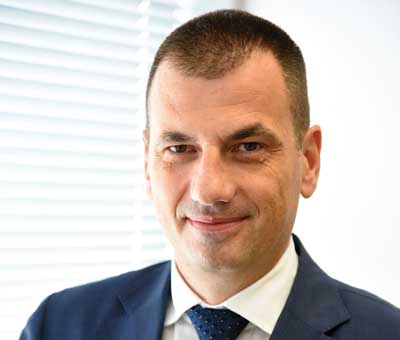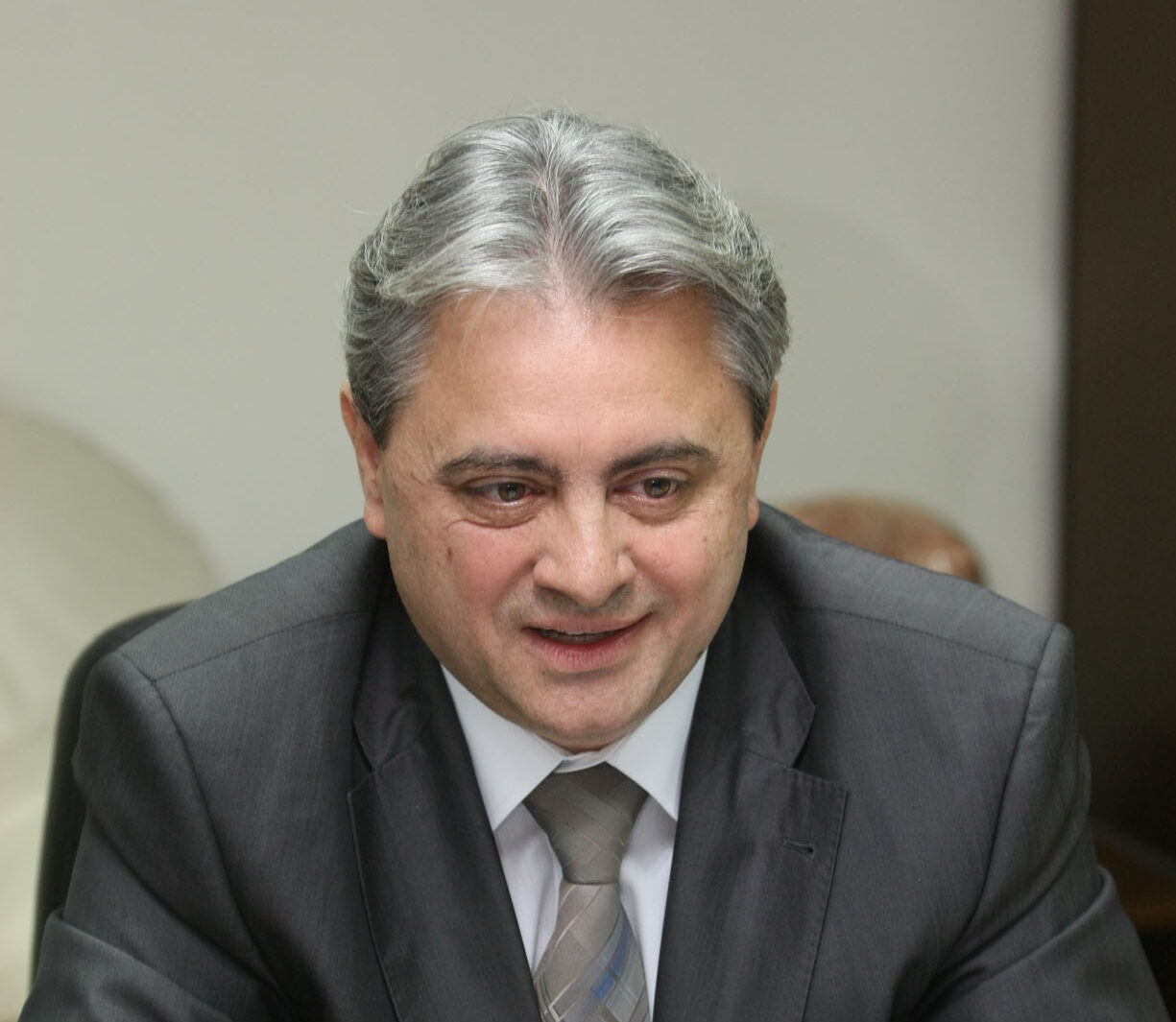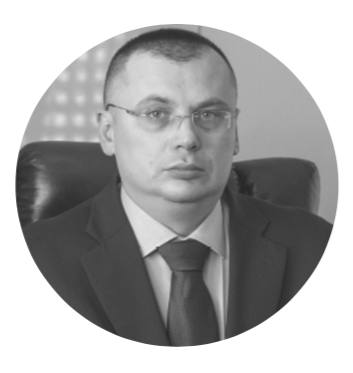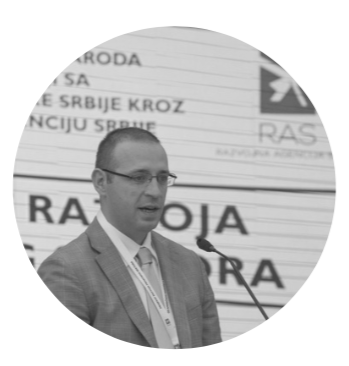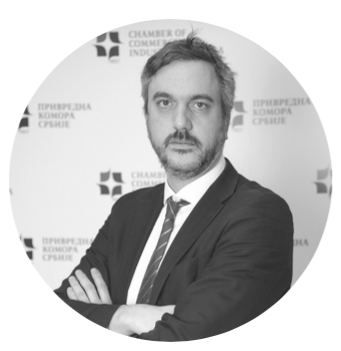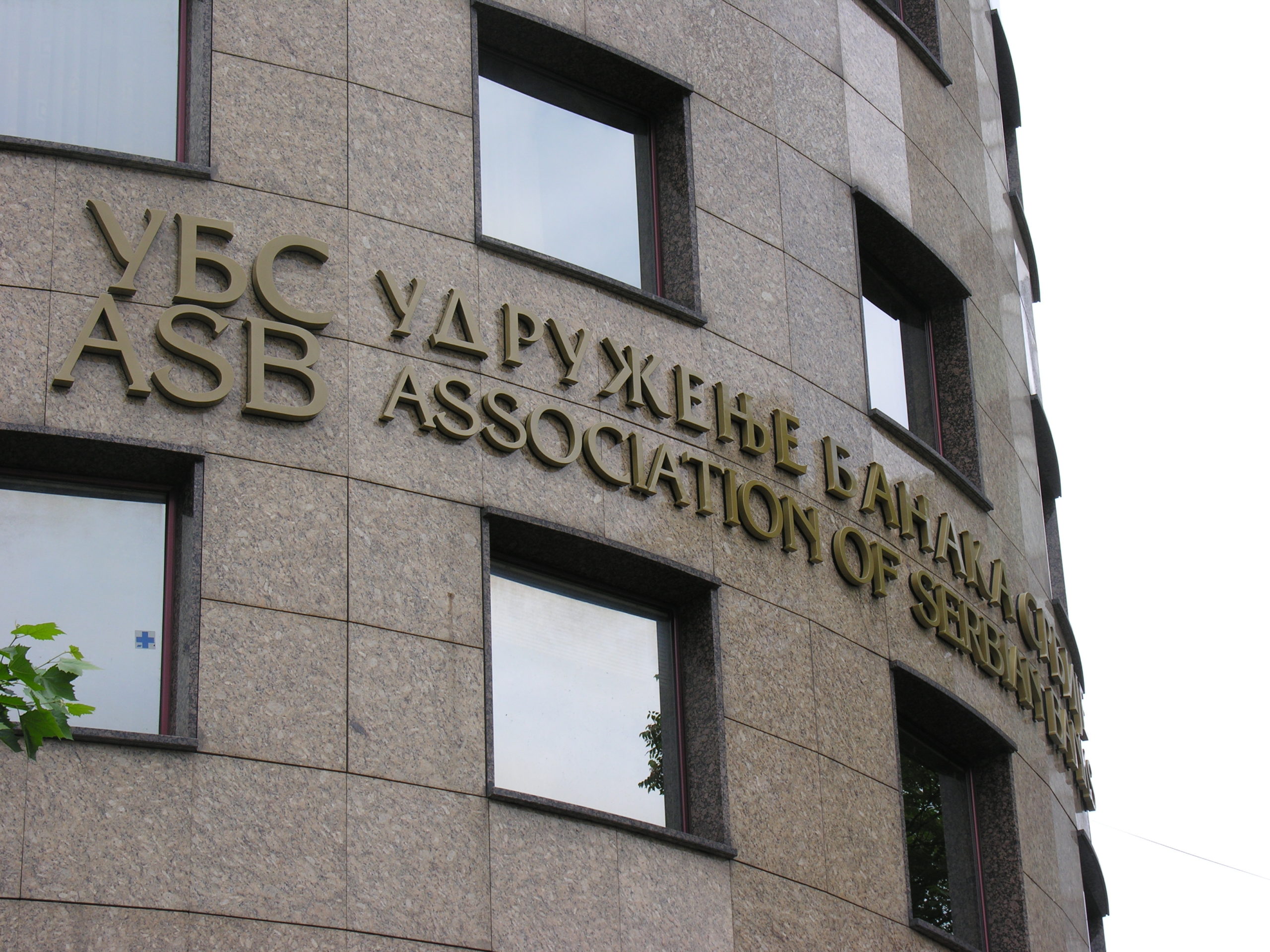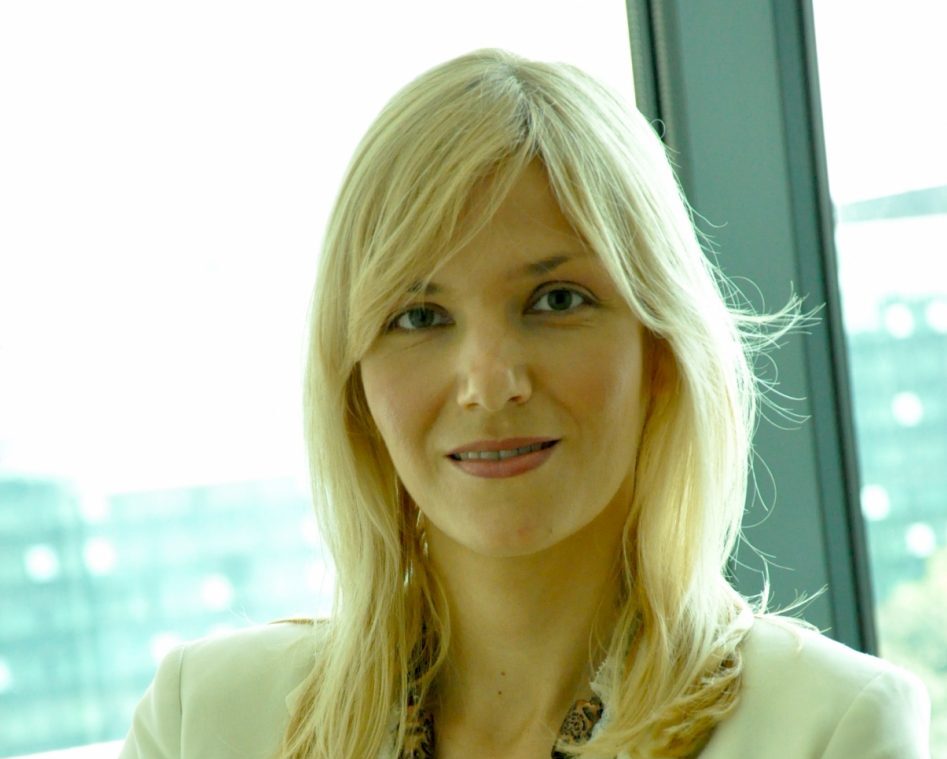In the heart of Dublin city, a thriving software development ecosystem flourishes, positioning Ireland as a key player in the ever-expanding tech industry. Underpinning this landscape are indigenous success stories like Tapadoo, a homegrown software app development company that has been breaking barriers and setting new standards. Dermot Daly, the CEO of Tapadoo, shared insights into the Irish software development scene as a whole, and the company’s journey.

Ireland’s Software Development Ecosystem
Ireland has been making remarkable strides in the software development sector, fueled by the country’s burgeoning reputation as a tech hub within Europe. The conducive business environment, robust technological infrastructure, and a deep pool of skilled professionals have attracted numerous international companies to set up shop in the country. The presence of renowned universities and research institutions also plays a vital role in nurturing top tech talent. As a result, Ireland experienced rapid growth in software development across various industries, from finance to healthcare and beyond.
Tapadoo’s Inception and Growth
Tapadoo, an Irish-owned app development specialist company, was founded in 2009. Dermot Daly, CEO of Tapadoo, shared insights into the company’s success, stating, “Since our establishment, we have focused solely on mobile app development, which allowed us to build long-term relationships with customers. Despite emerging technologies like blockchain and AI, we have stayed committed to mobile apps, providing consistent quality. We continue to find innovative ways to improve customer engagement, and always ensure our apps are user friendly. We improve customer experience while keeping data secure.”
Tapadoo’s specialization and expertise in mobile apps have attracted a diverse client base. Dermot added, “We have attracted customers not only in Ireland but also in the US and across Europe.”
Highlighting their strong ties with American clients, Dermot revealed, “Approximately 25% of our revenue comes from US projects, demonstrating the trust American entities have in our capabilities.”
Tapadoo actively assists companies in their digital transformation efforts, particularly in sectors facing talent shortages. Dermot explained, “We help companies facing talent shortages by providing expertise in specific areas, such as medtech wearables, which builds trust and leads to long-term partnerships.” Tapadoo’s extensive experience and proficiency in mobile app development enable them to support clients in achieving their digital transformation objectives and has earned the entity a stellar reputation in the software development market.
Ireland’s Client-Centric Approach
Tapadoo’s philosophy revolves around client satisfaction. The company takes a collaborative approach to development, keeping clients involved at every stage, from ideation to deployment. Dermot emphasized the significance of understanding client needs, stating, “Each project is unique, and we believe in treating them as such. By comprehending the client’s business, target audience, and objectives, we can deliver tailor-made solutions that exceed expectations.”
Looking to the Future
Tapadoo envisions new horizons of growth. With an ever-evolving tech landscape, continuous upskilling and exploration of emerging technologies remain top priorities. Dermot affirmed, “We aim to remain at the forefront of innovation. By staying curious and continually learning, we can provide groundbreaking solutions for our clients and keep pushing the boundaries of what is possible.”
Tapadoo serves as a shining example of Ireland’s prowess in the software development domain. With its customer-centric approach, emphasis on excellence, and dedication to innovation, Tapadoo not only contributes to Ireland’s thriving tech ecosystem but also sets a high standard for the global software development industry. As the company surges ahead on its growth trajectory, the future looks promising for both Tapadoo and the Irish app development sector as a whole.






